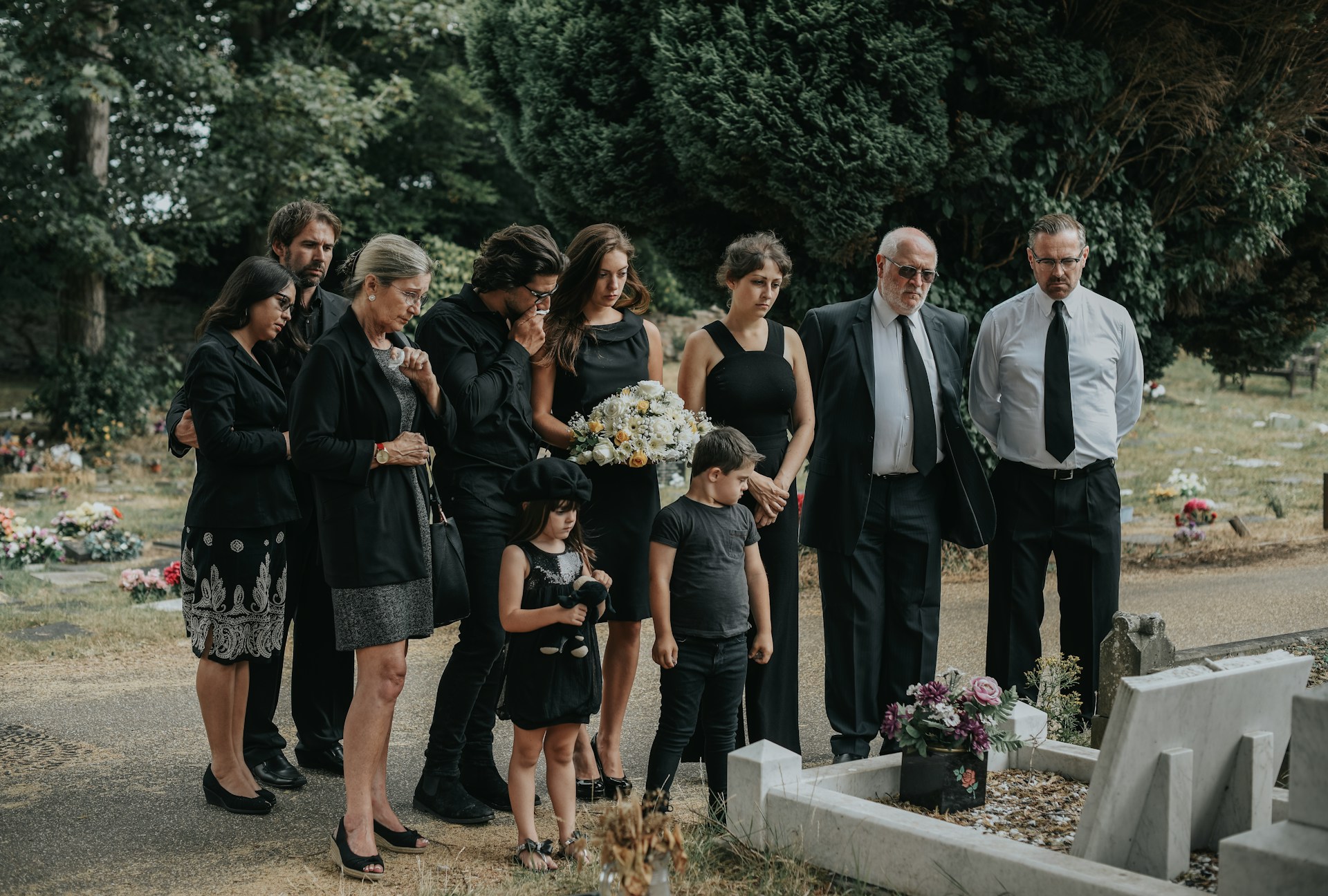After a medical procedure, you expect things to settle down. But for some Tampa residents, that is when the questions start. A recovery feels harder than it should. A doctor’s explanation comes off rushed or confusing. Maybe a test was missed, or medication did not seem right. When something feels off but no one offers answers, people often begin looking for clarity with help from lawyers for medical problems.
That step does not always come right away. In fact, many residents wait until weeks or months later, when memories settle and stress gives way to frustration. Legal action is not always planned, but it often starts with someone trying to understand what went wrong and why it still does not feel resolved.
What Often Triggers Legal Questions After Medical Care
Sometimes it is not the big things but the quiet confusion that builds up. A patient may leave their appointment feeling like something was not addressed. Or they might get home from the hospital with a new medication that causes unexpected side effects. Delays in diagnosis, misread charts, or unclear discharge plans can leave someone feeling more worried than informed.
When those concerns are not taken seriously, it creates a space where doubt takes hold. If a nurse seems rushed, or a provider brushes off questions with technical language, people start to wonder what is being left out. That is when the phone calls begin—to offices, to specialists, sometimes even to friends who have had medical issues before.
We have heard about situations where symptoms were downplayed until they got worse or where a simple outpatient visit ended with more problems than it solved. These experiences stick, especially for those who left the hospital or clinic feeling unheard. That emotional weight leads many to start researching what options exist and whether someone should have stepped in sooner.
When the Outcome Doesn’t Match Expectations
After medical care, people usually look for signs of improvement. When healing stalls or new issues appear, it forces them to rethink the care they received. They might question whether a surgery was done correctly or if follow-up care was handled the right way. These doubts grow when answers from providers seem short or vague.
Feeling rushed during a follow-up appointment or facing long waits for test results can make things worse. Some patients say they feel like they are fighting to be taken seriously. That strain creates distance, turning what used to be trust into tension.
In Tampa, this leads people to begin searching for lawyers for medical problems. It does not always come from anger. Sometimes it starts with simple concern—an acknowledgment that something is not getting better and no one seems to be offering real solutions. That uncertainty is often what pushes someone from asking questions to seeking professional legal input.
The Role of Family and Second Opinions in Raising Red Flags
Sometimes the patient is not the first person to say something feels wrong. A concerned spouse, sibling, or friend might notice the change in behavior or condition and push for more answers. These outside voices often bring fresh perspective, especially after weeks of confusion or discomfort.
Getting a second opinion can shift how someone sees the situation. A different doctor might question an earlier diagnosis or take more time to review the full history. That different approach makes many patients look back and start to wonder if something was missed earlier.
Family members also tend to ask the harder questions during appointments. If they hear conflicting instructions or notice lack of follow-through, they speak up. That kind of support often gives patients the confidence to ask about legal options, especially if the same concerns keep resurfacing during follow-ups.
We have heard stories where paperwork did not match conversations or where test results were explained in ways that seemed inconsistent. These are not easy things to process alone. That is why families often play such a big role in that turning point—from giving someone space to vent to encouraging them to find out what kind of accountability might exist.
Firms like Greco, Wozniak & Ruiz-Carus, P.A. have guided Tampa families when second opinions or family insights revealed discrepancies in hospital records, miscommunications, or delays in critical care.
Why Timing and Local Awareness Matter in Tampa
Florida law adds pressure by setting a time limit on when medical legal claims can be filed. That clock often starts when someone first notices a problem, not when a provider confirms it. For many in Tampa, that part is not clear until they speak to someone familiar with how these deadlines work.
Hillsborough County has its own way of handling cases, and having local insight can help avoid early mistakes. That includes knowing when weekends or holidays might impact a schedule or how the court calendar works during fall, when many families are juggling school, sports, and work changes.
Tampa’s weather can also play a part. When it is hot and humid, recovery feels even harder, especially for older adults or people without strong home support. Busy routines during September and October can push things off longer than expected. Someone might think, “I’ll deal with this next week,” until next week turns into next month.
By the time they realize how serious it is, those filing windows may be shrinking. Local experience helps people see where they stand and how much time they realistically have. That is often the moment when someone decides to talk with someone familiar with these timelines, just to make sure they understand what happens next.
Looking Back with Clarity
Medical experiences can leave people unsettled long after the physical wounds begin to heal. For many in Tampa, it is not about getting even—it is about getting answers. When something feels off and no one can explain it clearly, that is often what leads someone to think about legal help.
We understand how hard it can be to relive those early conversations or question the care you received. But feeling confused or left behind is often what prompts people to make sense of what happened. For some, that path begins with a simple question. For others, it follows weeks of wondering whether someone should have done more. Either way, the first step is about clarity, not blame.
When something about your medical care doesn’t sit right, knowing who to talk to can make all the difference. We’ve helped people in Tampa who felt unsure at first but just needed someone to listen and explain what their next step might look like. Our local team understands how Florida law works when timing matters most. If you’re starting to look for direction and want a conversation without pressure, our lawyers for medical problems are here to talk. Contact Greco, Wozniak & Ruiz-Carus, P.A. when you’re ready to get started.






